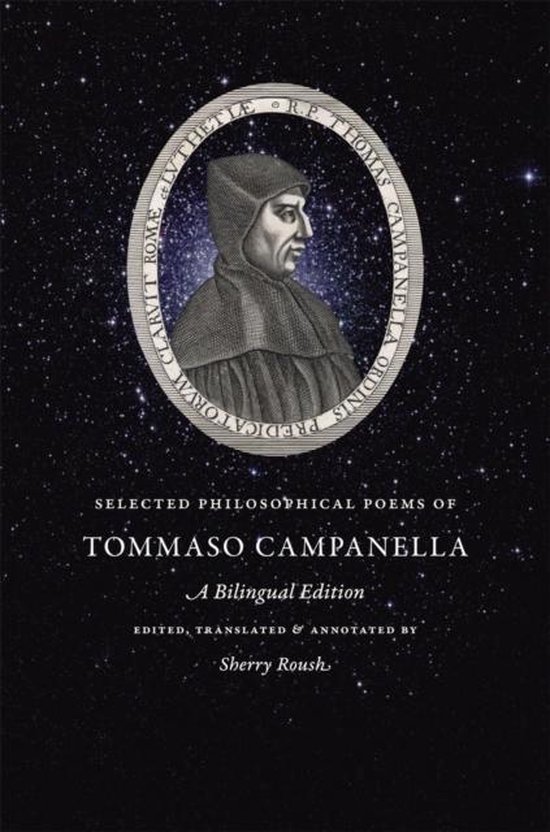
Selected Philosophical Poems of Tommaso Campanella - A Bilingual Edition
A contemporary of Giordano Bruno and Galileo, Tommaso Campanella (1568-1639) was a controversial philosopher, theologian, astrologer, and poet who was persecuted during the Inquisition and spent much of his adult life imprisoned because of his heterodox views. This title collects some of Campanella's best and most idiosyncratic poems.
A contemporary of Giordano Bruno and Galileo, Tommaso Campanella (1568-1639) was a controversial philosopher, theologian, astrologer, and poet who was persecuted during the Inquisition and spent much of his adult life imprisoned because of his heterodox views. He is best known today for two works: "The City of the Sun", a dialogue inspired by Plato's "Republic" in which he prophesies a vision of a unified, peaceful world governed by a theocratic monarchy; and his well-meaning Defense of Galileo, which may have done Galileo more harm than good because of Campanella's previous conviction for heresy. But Campanella's philosophical poems are where his most forceful and undiluted ideas reside. His poetry is where his faith in observable and experimental sciences, his astrological and occult wisdom, his ideas about deism, his anti-Aristotelianism, and his calls for religious and secular reform most put him at odds with both civil and church authorities. For this volume, Sherry Roush has selected Campanella's best and most idiosyncratic poems, which are masterpieces of sixteenth-century Italian lyrics, displaying a questing mind of great, if unorthodox, brilliance, and showing Campanella's passionate belief in the intrinsic harmony between the sacred and secular.
A contemporary of Giordano Bruno and Galileo, Tommaso Campanella (1568-1639) was a controversial philosopher, theologian, astrologer, and poet who was persecuted during the Inquisition and spent much of his adult life imprisoned because of his heterodox views. He is best known today for two works: "The City of the Sun", a dialogue inspired by Plato's "Republic" in which he prophesies a vision of a unified, peaceful world governed by a theocratic monarchy; and his well-meaning Defense of Galileo, which may have done Galileo more harm than good because of Campanella's previous conviction for heresy. But Campanella's philosophical poems are where his most forceful and undiluted ideas reside. His poetry is where his faith in observable and experimental sciences, his astrological and occult wisdom, his ideas about deism, his anti-Aristotelianism, and his calls for religious and secular reform most put him at odds with both civil and church authorities. For this volume, Sherry Roush has selected Campanella's best and most idiosyncratic poems, which are masterpieces of sixteenth-century Italian lyrics, displaying a questing mind of great, if unorthodox, brilliance, and showing Campanella's passionate belief in the intrinsic harmony between the sacred and secular.
| Auteur | | Tommaso Campanella |
| Taal | | Engels |
| Type | | Hardcover |
| Categorie | | Taal |